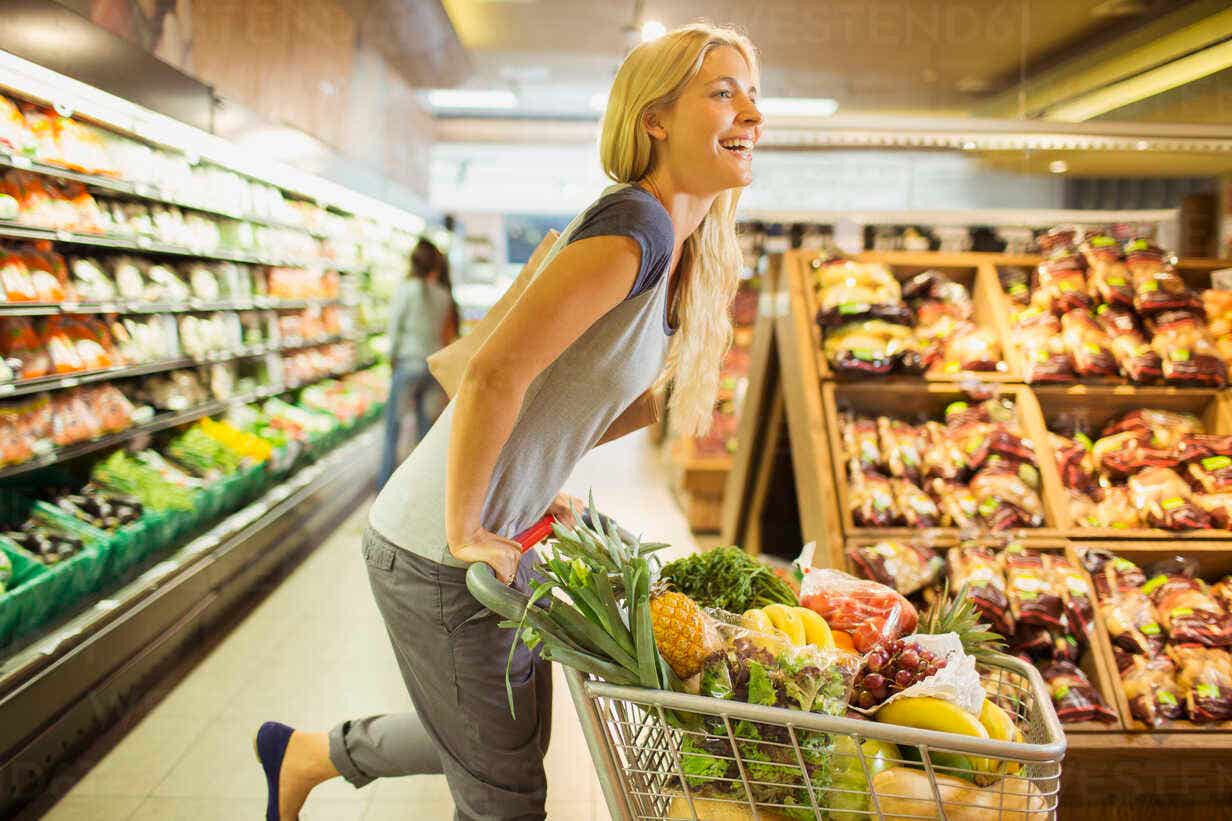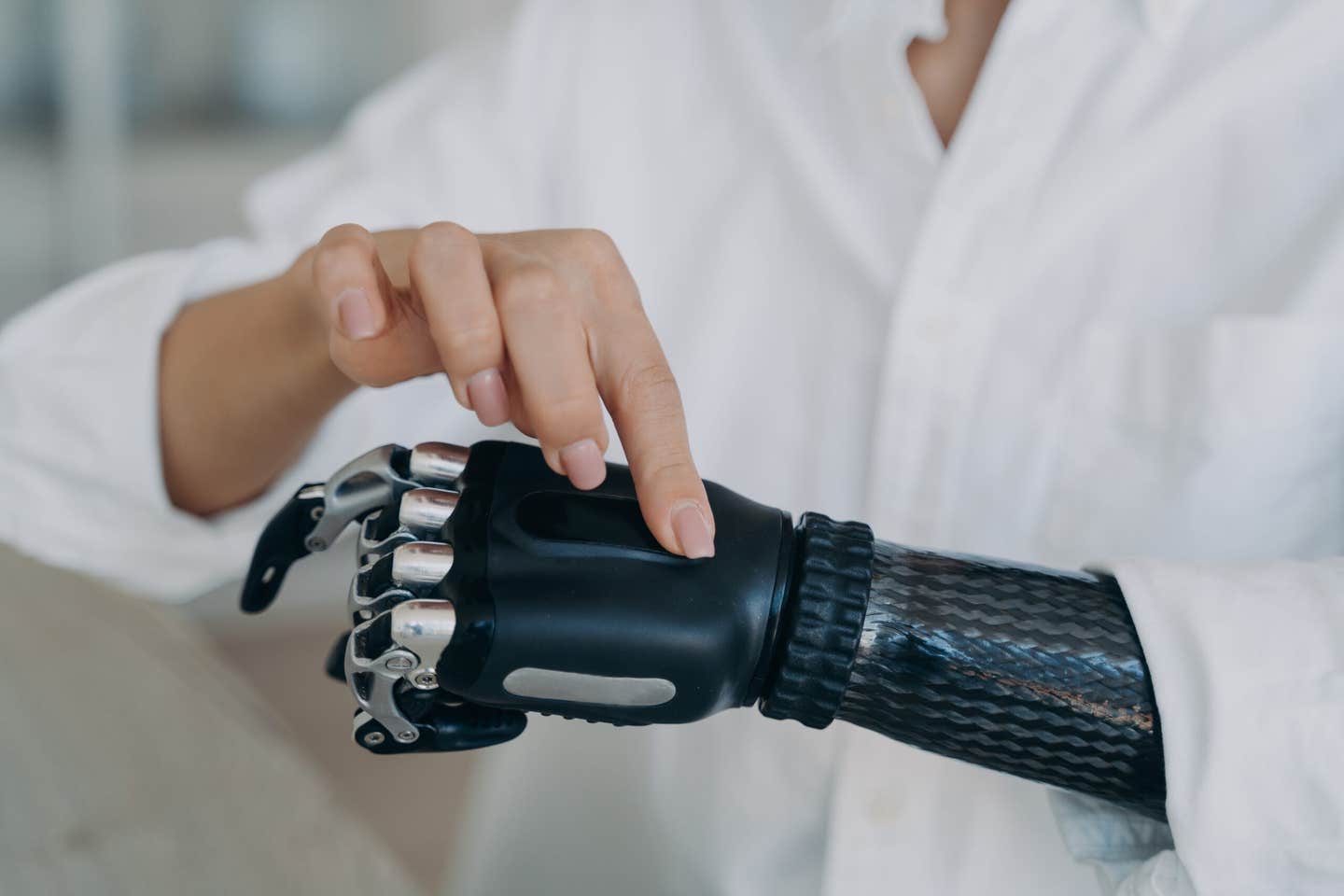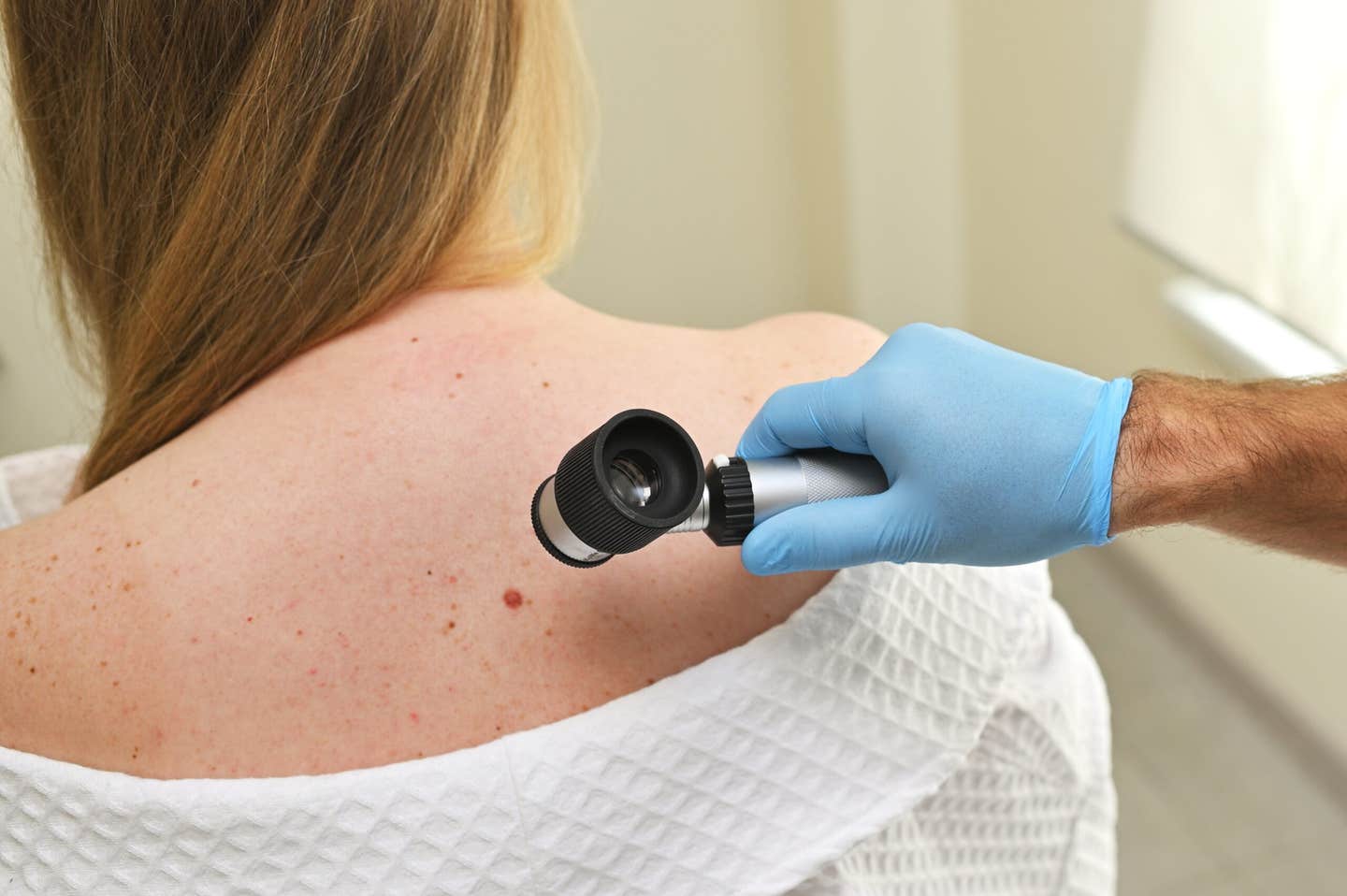Shopping carts save shoppers money as pushing reduces spending, finds new study
Shoppers are likely to save money in the run up to the holiday season if they use standard shopping carts, new research has found.

[Nov 27, 2021: City University London]
Shoppers are likely to save money in the run up to the holiday season if they use standard shopping carts, new research has found. (Credit: Creative Commons)
Shoppers are likely to save money in the run up to the holiday season if they use standard shopping carts, new research has found.
The study, led by Bayes Business School, explores how using the standard shopping cart with a horizontal handlebar—such as you would likely find in a supermarket—activates the triceps muscle of the arm, whereas using a newly-designed cart with parallel handles—like that of a wheelbarrow—activates the biceps muscle.
Psychology research has proven that triceps activation is associated with rejecting things we don't like—for example when we push or hold something away from us—while biceps activation is associated with things we do like—for example when we pull or hold something close to our body.
When testing the newly designed carts on consumers at a supermarket, report authors Professor Zachary Estes and Mathias Streicher found that those who used shopping carts with parallel handles bought more products and spent 25 per cent more money than those using the standard carts.
A standard shopping trolley with a horizontal handlebar—such as you would likely find in a supermarket—may result in less consumer spending than that of a shopping trolley with parallel bars—like that of a wheelbarrow. (Credit: Bayes Business School)
The findings indicate that retailers are likely to accumulate greater sales and profits by providing customers with shopping carts with parallel handles, while consumers are likely to exercise more control over their spending if they use the standard shopping carts.
Related Stories
Whereas shoppers using the standard cart spent an average of £22 in store, those with a parallel cart spent £29 over the course of their visit—a difference of more than £7.
Interviews found that leading shopping cart manufacturers had not previously considered using parallel handles on their carts and were surprised to know that the position of the handles was able to impact sales.
This weekend marks one of the busiest on the annual calendar, with Black Friday sales beginning in many stores on 26th November. Statistics show that UK consumers account for more than ten per cent of all global Black Friday searches online this year, with sales forecast to break records and surpass £9 billion over the course of the weekend.
Additionally, following a drop in in-person sales in 2020, because of the pandemic, offline Black Friday sales are expected to grow by 7.3 per cent in 2021, with an estimated £3.4 billion to be spent in stores.
It follows news last week that retail sales rose by 0.8 per cent in October in preparation for the festive season, 0.5 per cent above forecasted projections.
Professor Estes, a Professor in Marketing at Bayes Business School, said: "It is shocking to find that making a small change to the position of handles can have such a large impact on shoppers' spending. Indeed, the handles literally cause us to flex our shopping muscles.
"While Covid-19 heavily impacted Black Friday sales in 2020, we can expect stores to be overrun with consumers stocking up ahead of the festive season this coming weekend, yet it appears retailers are missing a trick if they are to boost their sales even further.
"Conversely, the results of this study may be very useful for consumers, with Christmas just around the corner. If shoppers want to minimize their shopping trips and buy their gifts in one go, they can flex their biceps to pull things into their cart. If they wish to minimize spending, standard shopping carts may act as a welcome and unexpected restraint to keep unnecessary purchases out of the cart."
The research was published in the Journal of Marketing.
For more science and technology stories check out our New Discoveries section at The Brighter Side of News.
Like these kind of feel good stories? Get the Brighter Side of News' newsletter.
Tags: #New_Discoveries, #Shopping, #Business, #Shopping_Carts, #Design, #Psychology, #Research, #The_Brighter_Side_of_News



